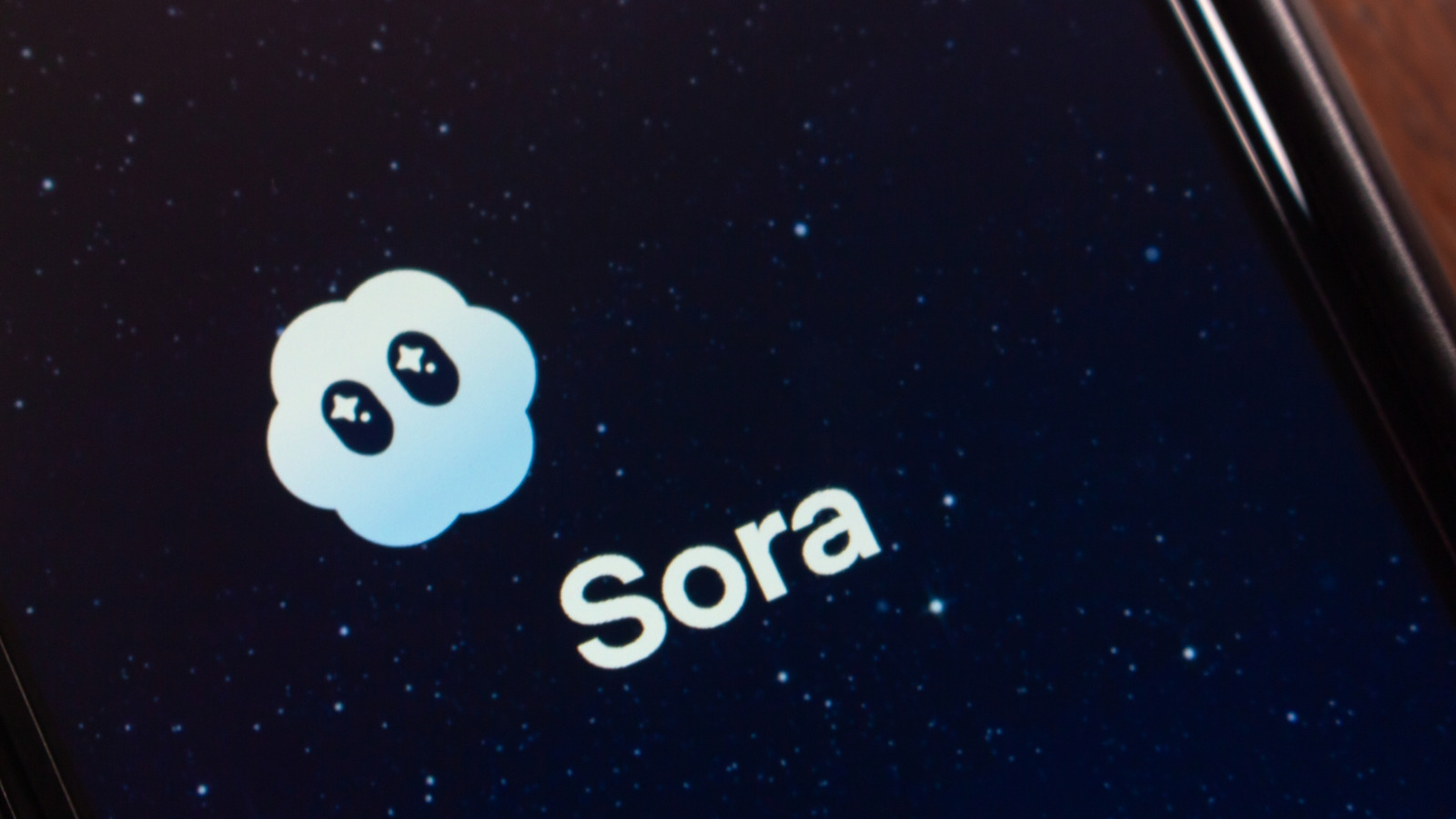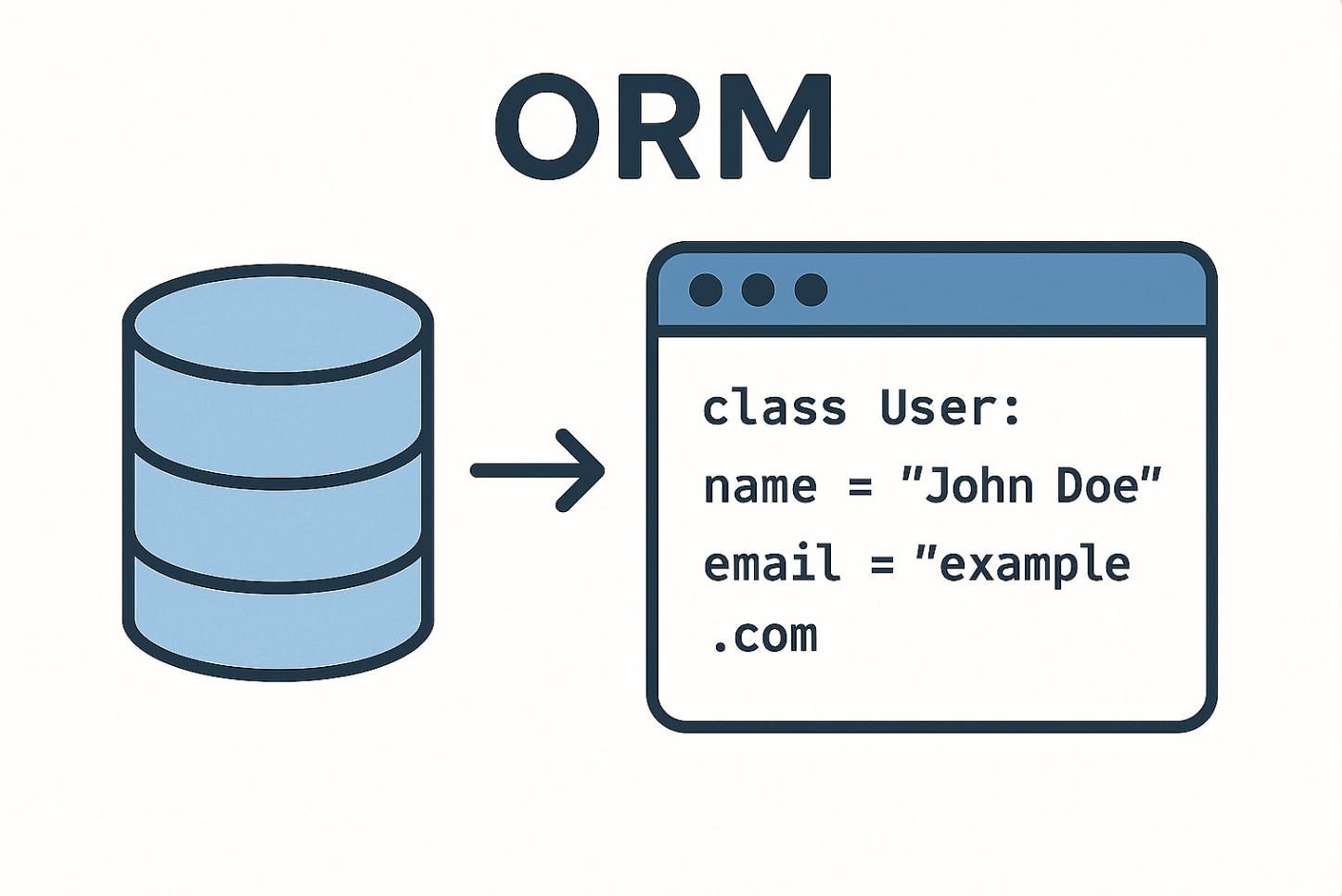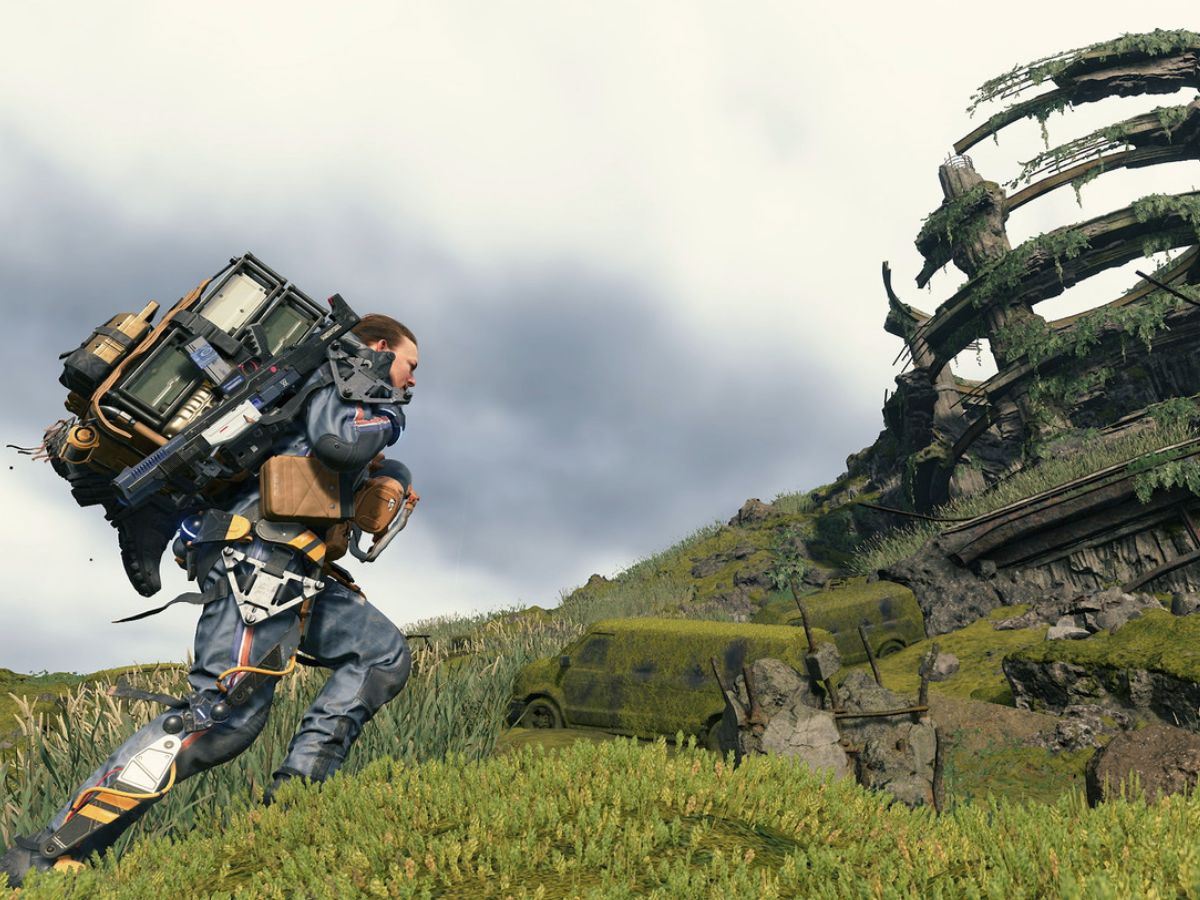OpenAI is facing renewed criticism in Japan after a group representing some of the country’s most influential anime and gaming studios urged the company to stop using copyrighted material to train its AI models. The Content Overseas Distribution Association (CODA) – which counts Studio Ghibli, Bandai Namco, Square Enix, and other major rights holders as members – has issued a formal letter objecting to OpenAI’s use of anime content without approval. Also Read: OpenAI To Charge Users For Additional Sora Video Generations: How The New System Works
CODA’s member list includes some of Japan’s biggest entertainment brands. Bandai Namco is behind popular franchises like Dragon Ball, Naruto, and One Piece. Studio Ghibli is known for films such as Spirited Away and My Neighbor Totoro, while Square Enix publishes the Final Fantasy series. The issue surfaces as AI-generated clips copying Ghibli’s animation style have recently gone viral online. Also Read: Amazon Partners With ChatGPT-Maker OpenAI In $38 Billion Deal: Here’s What It Means
CODA Flags Copyright Risk in Sora Outputs
In its letter, CODA claims that OpenAI’s Sora video generation model appears to have been trained on copyrighted anime content. The group said it found “a large portion” of Sora’s output closely resembling Japanese works, and believes this may be the result of such content being included in training datasets. According to CODA, replication during the training process could fall under copyright infringement under Japanese law. Also Read: ChatGPT Go Free Upgrade Faces Payment Glitch In India: Users Report ‘Payment Failed’ Error
The association also criticised OpenAI’s initial opt-out policy for rightsholders, which required creators to request exclusion of their works from training. That policy has since shifted to opt-in, but CODA argues that Japanese copyright rules generally require prior permission – not later objections – for use of protected content.
What CODA Wants from OpenAI
CODA has made two requests to OpenAI. First, it wants the company to stop training its models on content owned by its members. Second, it has asked OpenAI to respond to the questions and concerns raised by the Japanese publishers about possible copyright violations. The group also wants OpenAI to address questions related to how Sora handles copyrighted works in its outputs.
The letter follows comments from Japan’s Minister of State for Intellectual Property and AI Strategy earlier this year, who said the government had already urged OpenAI to avoid violating copyright laws when building its AI systems.












